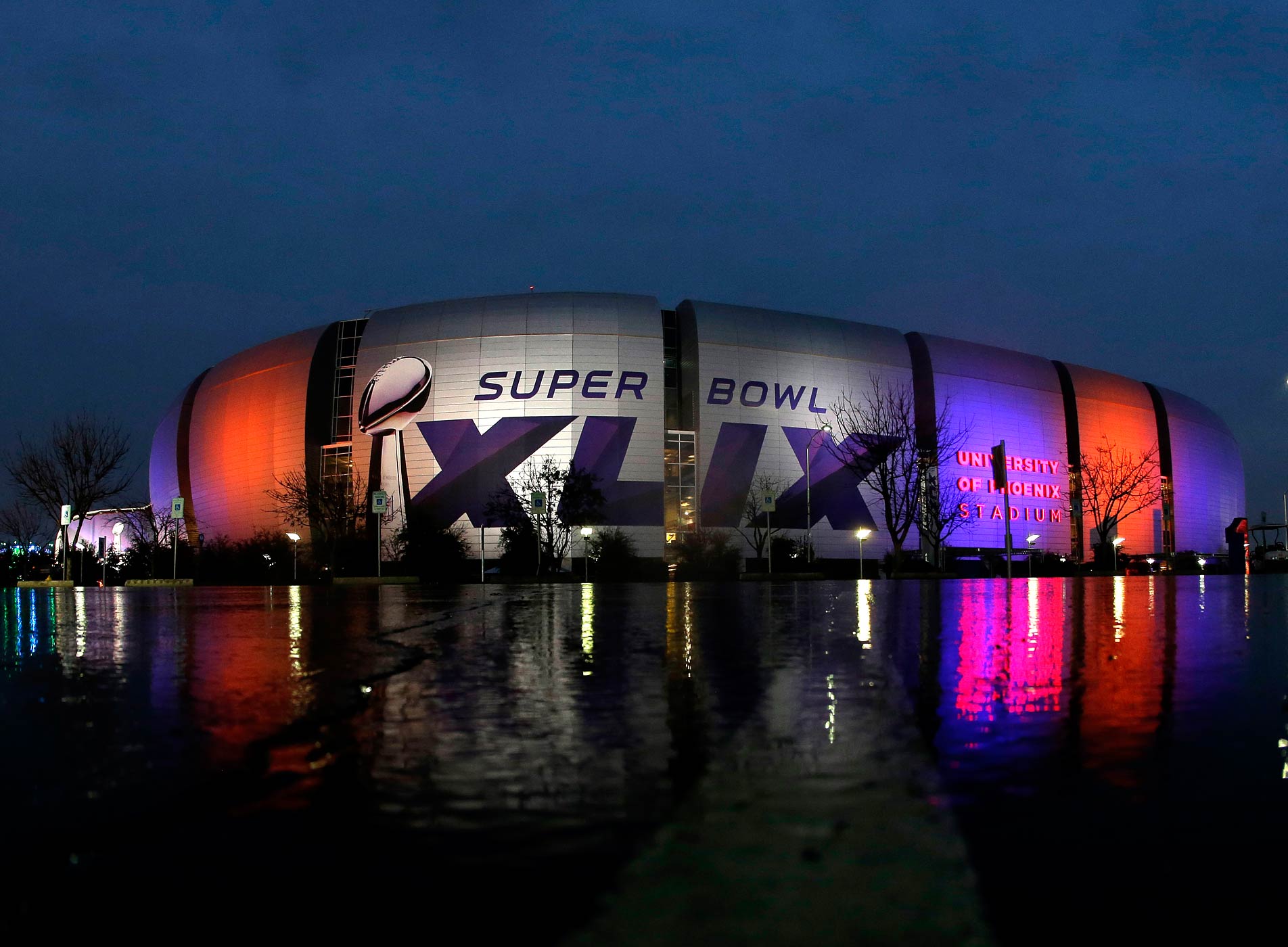
Call it Super Bowl fever. In cities that send teams to the big February game, researchers see an 18% spike in flu death in adults age 65 and older, a new paper from Tulane University shows. And the effect can get seven times worse when the game happens close to the peak of a particularly bad flu season—like the one we’re in right now.
Economists looked at cities hosting and sending teams to the Super Bowl between 1974 and 2009 and analyzed data from death records, population and weather. Cities that hosted the Super Bowl weren’t at increased risk for negative health outcomes, they found—probably in part because they tended to be in warmer areas, which protects against the flu. But in the cities that sent a team to the game, there was an 18% spike in influenza deaths in people 65 and older.
Researchers were able to determine causality, they say, since participation in the Super Bowl is as good as random. And it’s not like the heartbreak of a losing team could be blamed: There wasn’t a difference between winners and losers as the effect seemed to occur in the time leading up to the game, says lead author Charles Stoecker, PhD, assistant professor in the department of global health management and policy at Tulane University School of Public Health and Tropical Medicine.
Can you blame the spike in socializing and the communal nachos? “People go out to a bar or to a Super Bowl party, and they have contact with people they wouldn’t normally or in ways they wouldn’t normally,” he says. “There’s few occasions when we share chips and dip.”
MORE: Here’s How Many Calories You’ll Eat During the Super Bowl
Flu death spikes are common after big one-time events like the winter Olympics and rock festivals, Stoecker says, but the Super Bowl may be in a league of its own since it always happens squarely in flu season.
Would it be a good idea to move the Super Bowl out of the bounds of flu season? Maybe, says Stoecker, especially in years when the influenza strain looks particularly deadly—or in years like this one, when the flu vaccine is only 23% effective. “In lieu of canceling the Super Bowl outright, it would be one way of mitigating transmission.”
So if you must dip, do your part to help: Wash your hands first.
More Must-Reads from TIME
- Donald Trump Is TIME's 2024 Person of the Year
- Why We Chose Trump as Person of the Year
- Is Intermittent Fasting Good or Bad for You?
- The 100 Must-Read Books of 2024
- The 20 Best Christmas TV Episodes
- Column: If Optimism Feels Ridiculous Now, Try Hope
- The Future of Climate Action Is Trade Policy
- Merle Bombardieri Is Helping People Make the Baby Decision
Write to Mandy Oaklander at mandy.oaklander@time.com